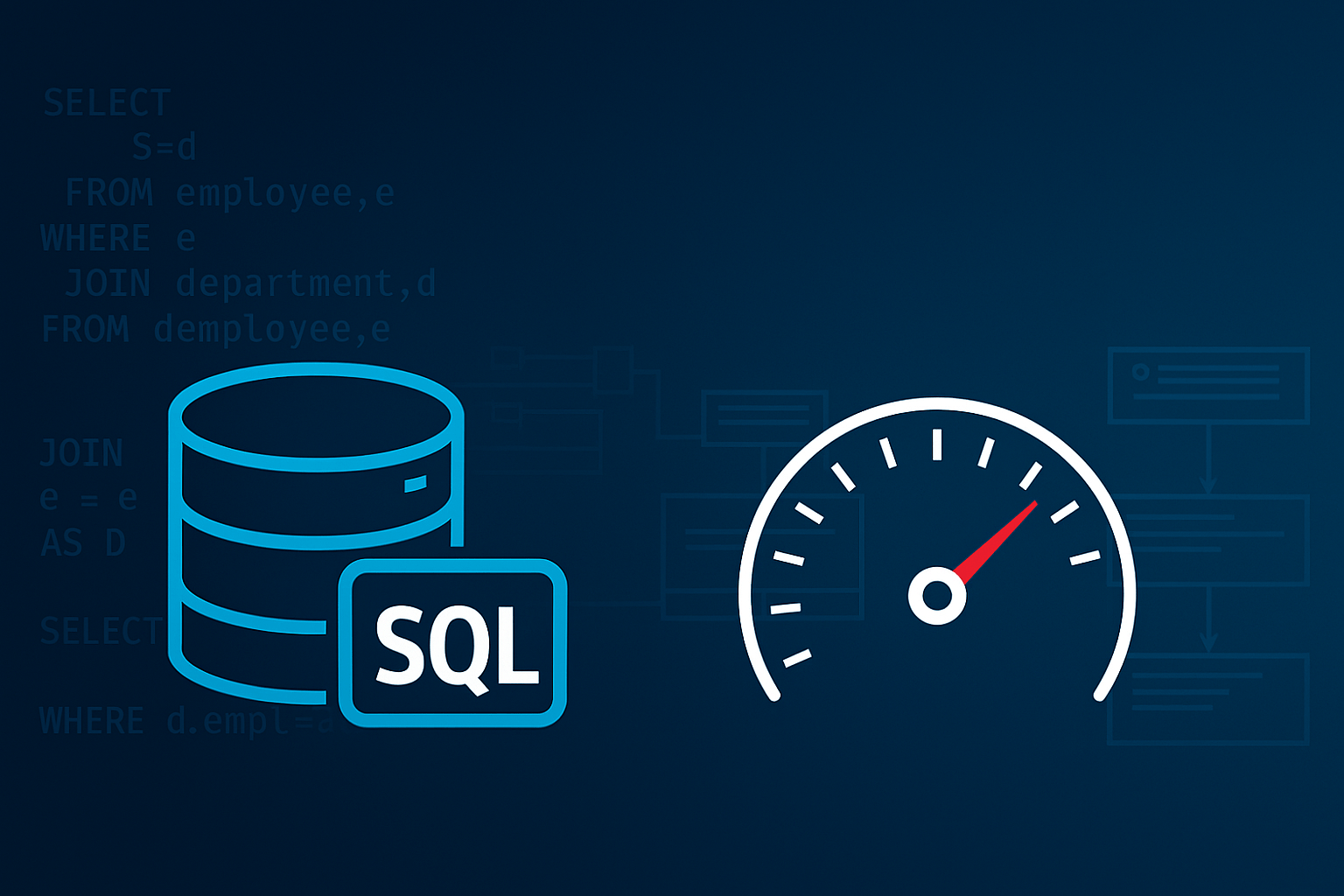In the dynamic world of Oracle database management, slow SQL queries can disrupt performance, frustrate users, and impact business operations. At SQLGuru.ai, we specialize in helping database professionals identify the root causes of sluggish queries and implement proven strategies to optimize performance.
This guide explores powerful techniques to troubleshoot slow SQL queries in Oracle, ensuring your database runs smoothly and efficiently.
Key Factors Affecting SQL Query Performance
1. Execution Plan Analysis
Use the EXPLAIN PLAN statement to understand how Oracle executes your query. Look for:
- Full table scans
- Missing or unused indexes
- Inefficient join operations
A well-optimized execution plan can drastically reduce query execution time.
2. Indexing Strategies
Evaluate your indexing strategy to ensure optimal performance:
- Index relevant columns used in WHERE, JOIN, and ORDER BY clauses
- Remove redundant or unused indexes
- Use composite indexes where applicable
3. Refreshing Database Statistics
Outdated statistics can mislead the optimizer. Refresh them regularly using:
EXEC DBMS_STATS.GATHER_SCHEMA_STATS(‘your_schema’);
4. Caching Mechanisms
Oracle’s buffer cache stores frequently accessed data. Evaluate:
- Cache hit ratios
- SGA and PGA memory allocation
Configuration of DB_CACHE_SIZE
Practical Approaches to Accelerate SQL Queries
1. Query Rewriting
Break down complex queries into smaller subqueries or use Common Table Expressions (CTEs) for better performance.
2. Utilize Index Hints
Guide the optimizer with index hints when necessary:
SELECT /*+ INDEX(table_name index_name) */ * FROM table_name WHERE condition;
3. Monitor Resource Usage
Use Oracle Enterprise Manager or AWR reports to monitor:
- CPU and memory usage
- Disk I/O
- Network latency
4. Temporal Analysis
Use AWR and ASH reports to analyze historical performance trends and correlate slowdowns with system changes.
Best Practices for Oracle Query Optimization
- Use bind variables to reduce parsing overhead
- Avoid SELECT * in production queries
- Limit result sets using ROWNUM or FETCH FIRST
- Partition large tables for better performance and manageability
SQLGuru.ai: Your Partner in Oracle Performance Tuning
At SQLGuru.ai, we empower DBAs and developers with expert insights, tools, and tutorials to master Oracle performance tuning. Whether you’re troubleshooting a single query or optimizing an entire workload, our resources are designed to help you achieve success.


